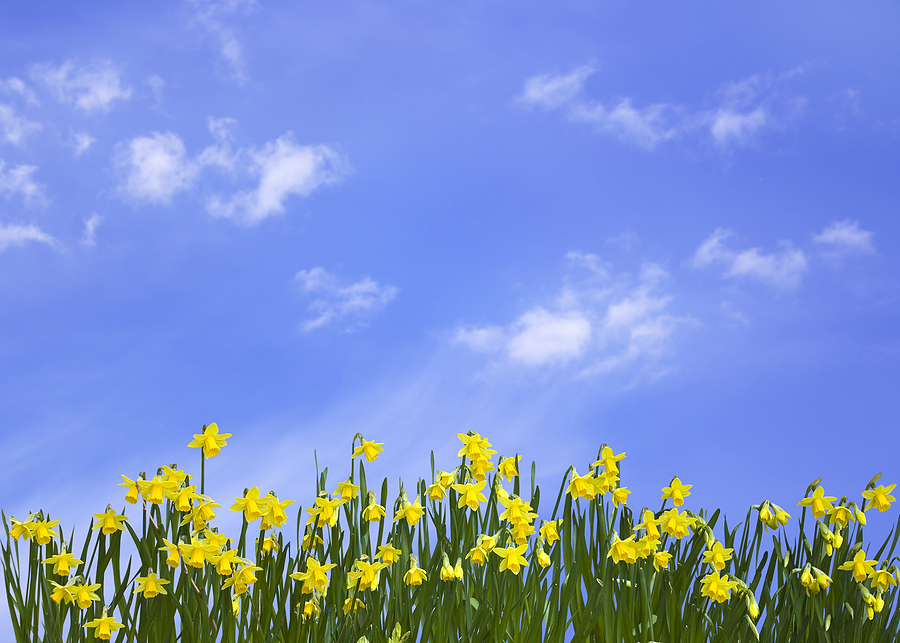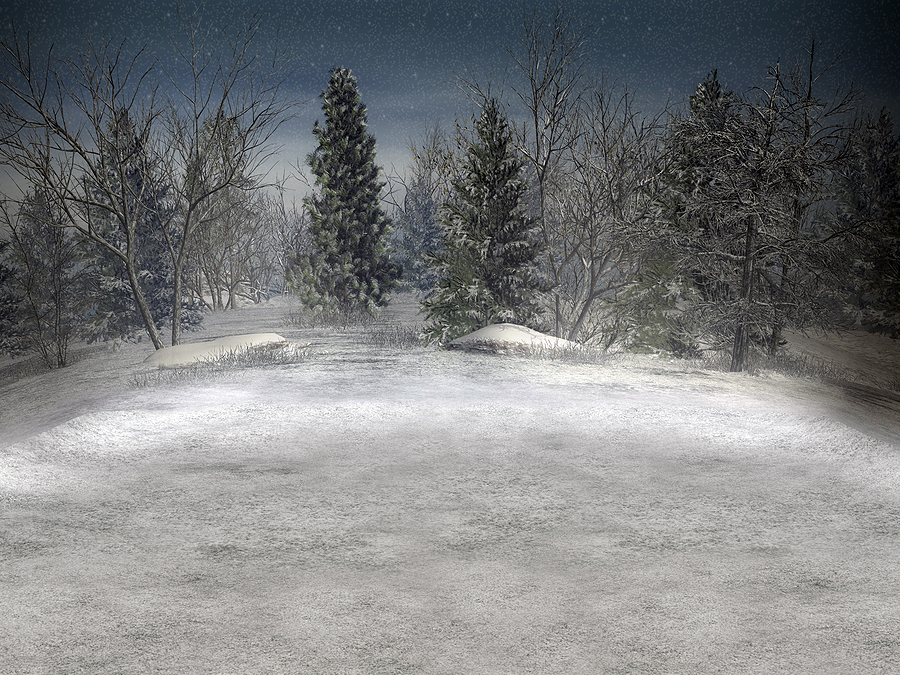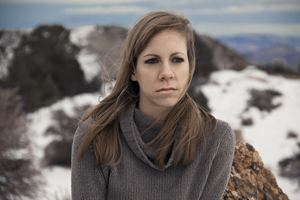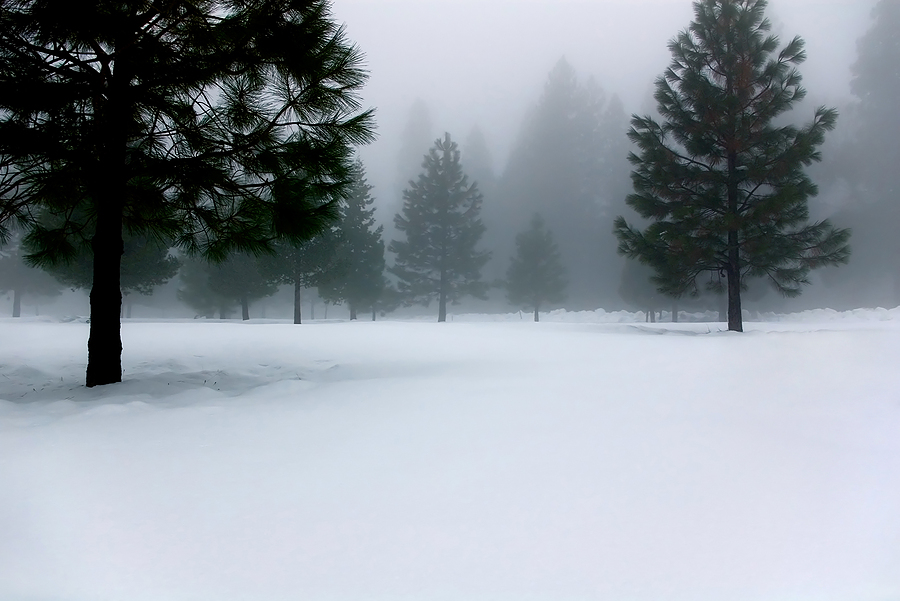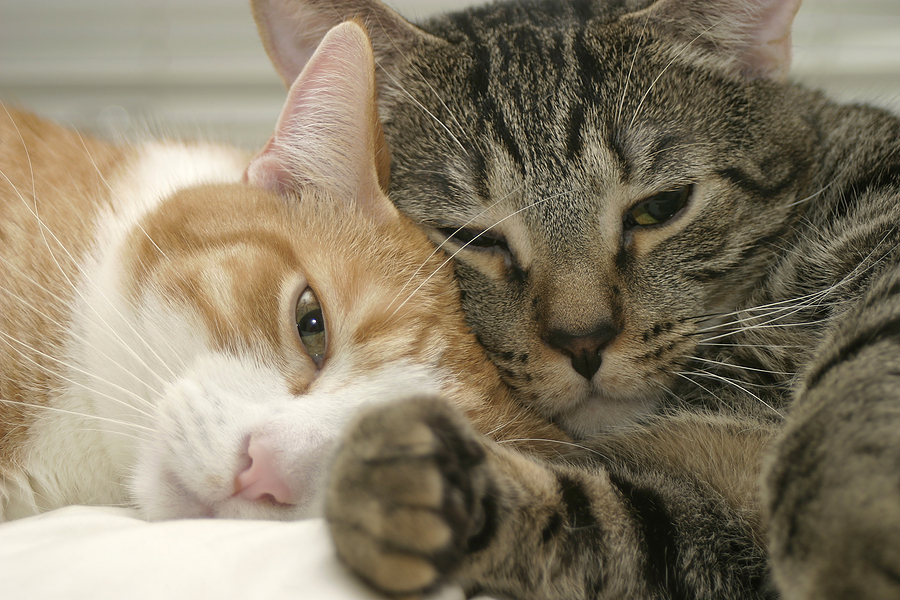
SAD
Seasonal Affective disorder, or SAD is the recognised condition also referred to as ‘The Winter Blues’. We can all find the dwindling light, colder days and longer nights a little bleak and daunting, but for some symptoms can be more extreme. Without treatment SAD can leave the sufferer unable to live a full life in the winter months.
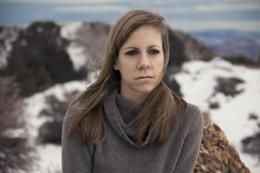
SAD is common in countries that have dramatic seasonal fluctuations in daylight hours. Northern Europe is thought to have some 12million sufferers, 2million of which live in the UK.
SAD symptoms are similar to those of general depression but mostly occur with the onset of the shorter days in late autumn and can peak throughout the winter months, generally improving in springtime.
It is always important to check any depression symptoms with your GP whatever the season.
Sunlight and mood
When the sun is shining, the temperature warms and days are long our state of mind somehow lifts, but the importance of sunlight goes even deeper.
Human beings take prompts from the sun; waking, eating, sleeping, even energy and mood are affected by these light cues which are known as ‘circadian rhythms’. Our ancestors would have been much more in tune with these rhythms and the effect they have on the body. Lifestyles of old reflected a day lead by natural light, waking at sunrise, working outside, sleeping through the dark hours. Modern life, the inventions of artificial light and alarm clocks has allowed all of us to lose the need to recognise these important indicators. We work outside less, some professionals can go a working week without seeing proper daylight and when we do step outside during the winter months, Britain does not guarantee bright sunshine.
Without a good level of exposure to chemicals present in natural sunlight our bodies can fail to produce chemicals and hormones attributed to energy and mood balance. Melatonin is a hormone responsible for making us feel sleepy at night, it’s production is increased with lack of sunlight. Serotonin is also affected by sunlight, lack of serotonin is known to cause depression.
SAD has a variety of symptoms, most are associated with general depression, however SAD will normally have a seasonal onset, a sufferer will probably have reoccurring episodes starting at the same time each year. A one off episode may not be enough to make a diagnosis of SAD.
Each sufferer is different and if you present any symptoms at any time of year your GP will be able to advise and rule out other conditions.
Symptoms
- Tiredness, lethargy, lack of energy
- Sleep problems, disturbed sleep, under or over sleeping
- Anxiety
- Unsociability, loss of social interest
- Low sex drive, lack of libido
- Difficulty concentrating
- Depression, low mood, hopelessness
- Appetite change, over eating, craving sugars/ carbohydrates.
Treatment
- Medications such as anti depressants - some patients can benefit from short-term or seasonal medication.
- Light Boxes - special units that simulate natural daylight these are not the same as sun beds or UV lights. Bupa and sad.org.uk provide great information on light boxes and their use.
- Dawn simulators - these attach to an alarm clock and simulate daylight, creating a natural way to wake up.
- Talking therapies, CBT, behaviour therapy - these may also be prescribed by your GP.
- There was a time when drugs were commonly used to treat SAD. Nowerdays natural treatments are proving to be extremely successful, with 8 in 10 people finding benefit from light therapies.
Self-help
- ‘Early to bed, early to rise,’ It may sound like an old wives tale but getting your body into a more natural rhythm where possible has great benefits.
- Get outside, expose as much skin as you dare, giving more area to absorb the suns natural chemicals, and also boost your vitamin D levels; boosting physical immunity and wellbeing.
- Sit near windows inside
- Eat properly and routinely (see pages 52-55)
- Exercise regularly (see pages 47- 48)
- Light colours, mirrors and open curtains can create more light inside the home
- Learn to relax (see page 57 for tips)
- Acupuncture and other alternative therapies can help some people.
Other advice from our Psychologist:
Try to do things you enjoy. Don't shut yourself indoors. If you can no longer do the things you do in the summer, try to find other things to enjoy. Socialise with friends, go to the cinema, eat out, take an evening course or start a new hobby. Mood is affected by the way we think and behave. If we can reframe winter from something that is threatening & disturbing to something that can be enjoyed, this is likely to help significantly.
For specialist help in your area please see our counselling directory. For SAD light boxes please see our shop.
Related Guides















